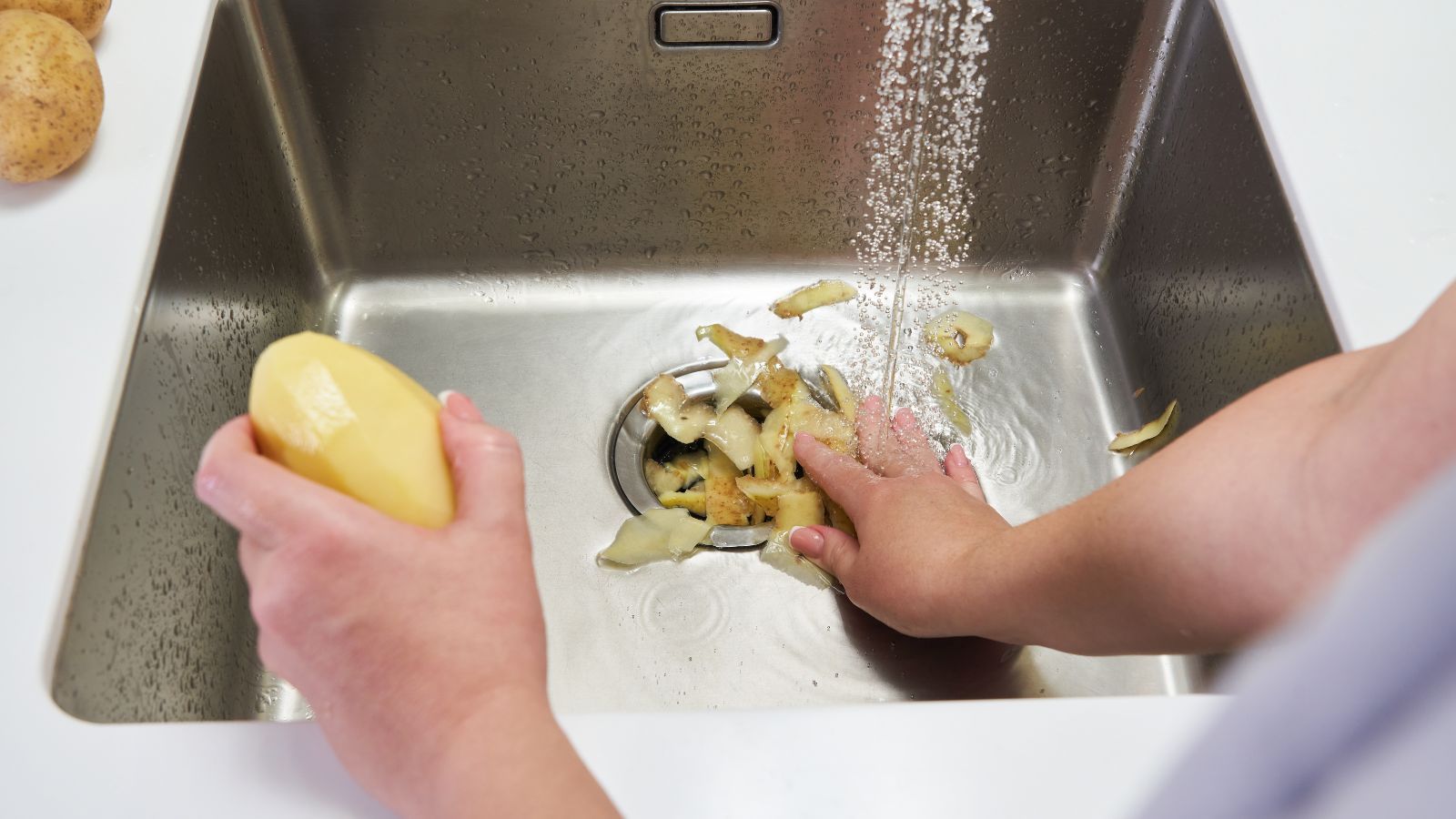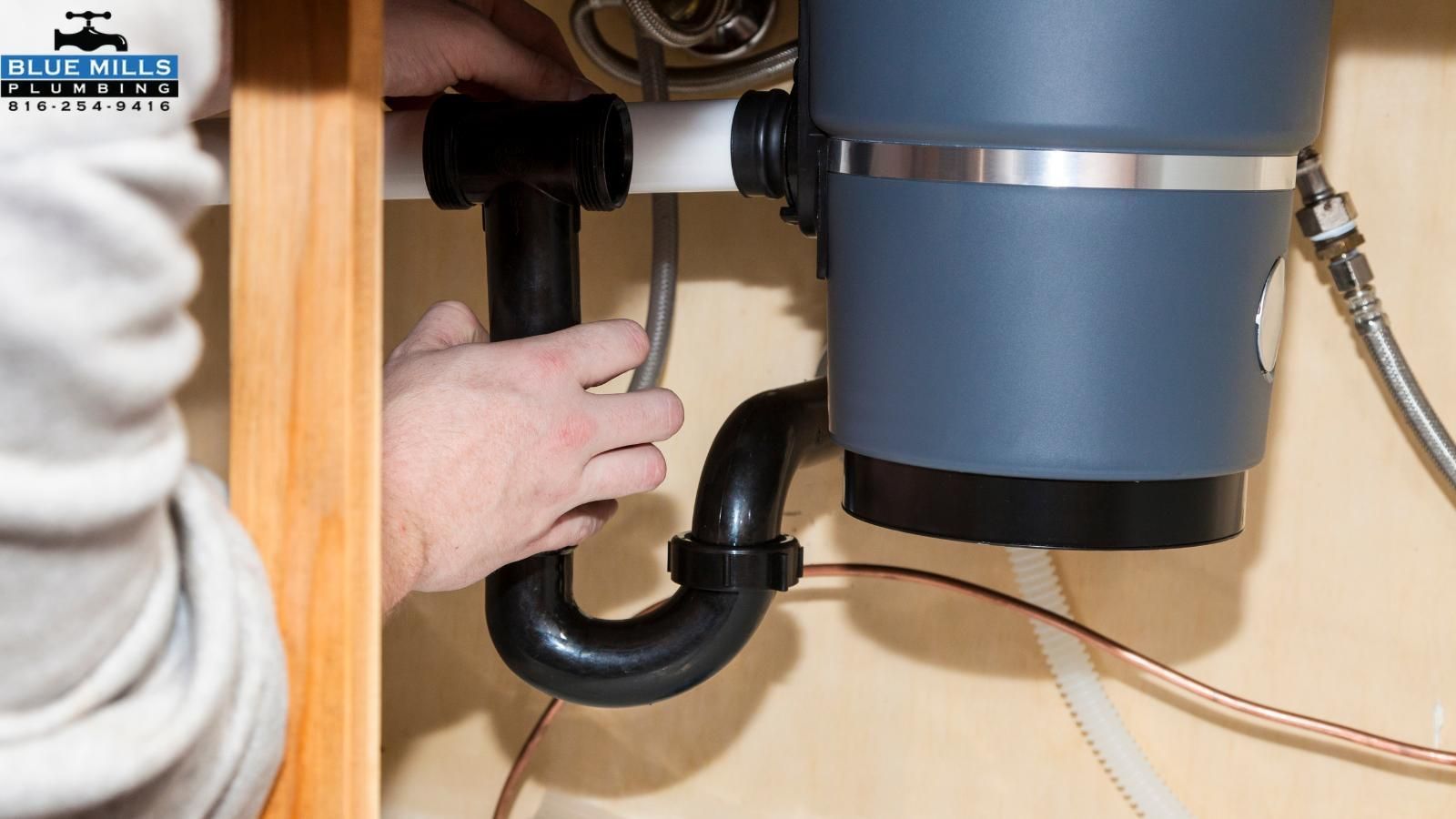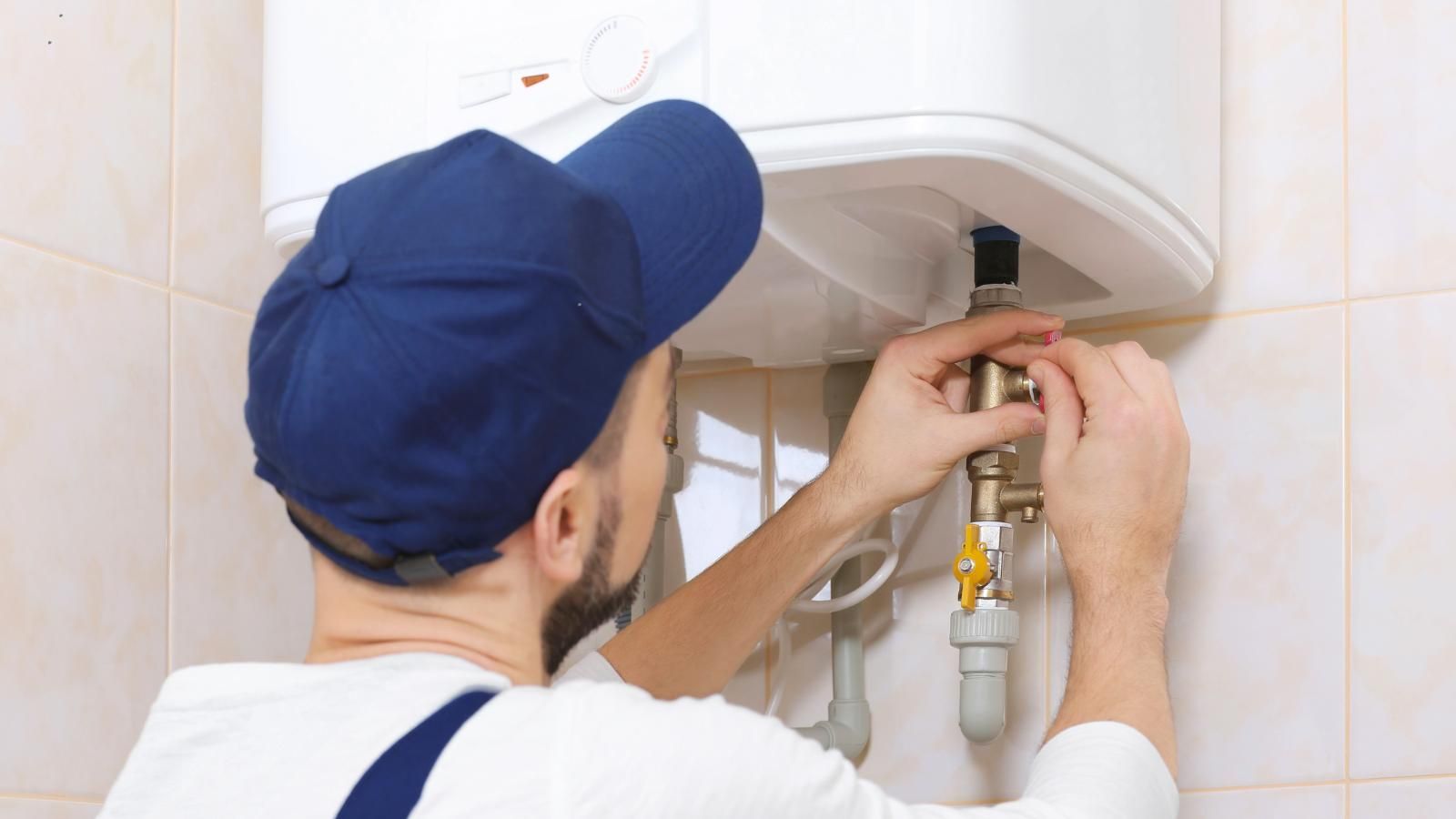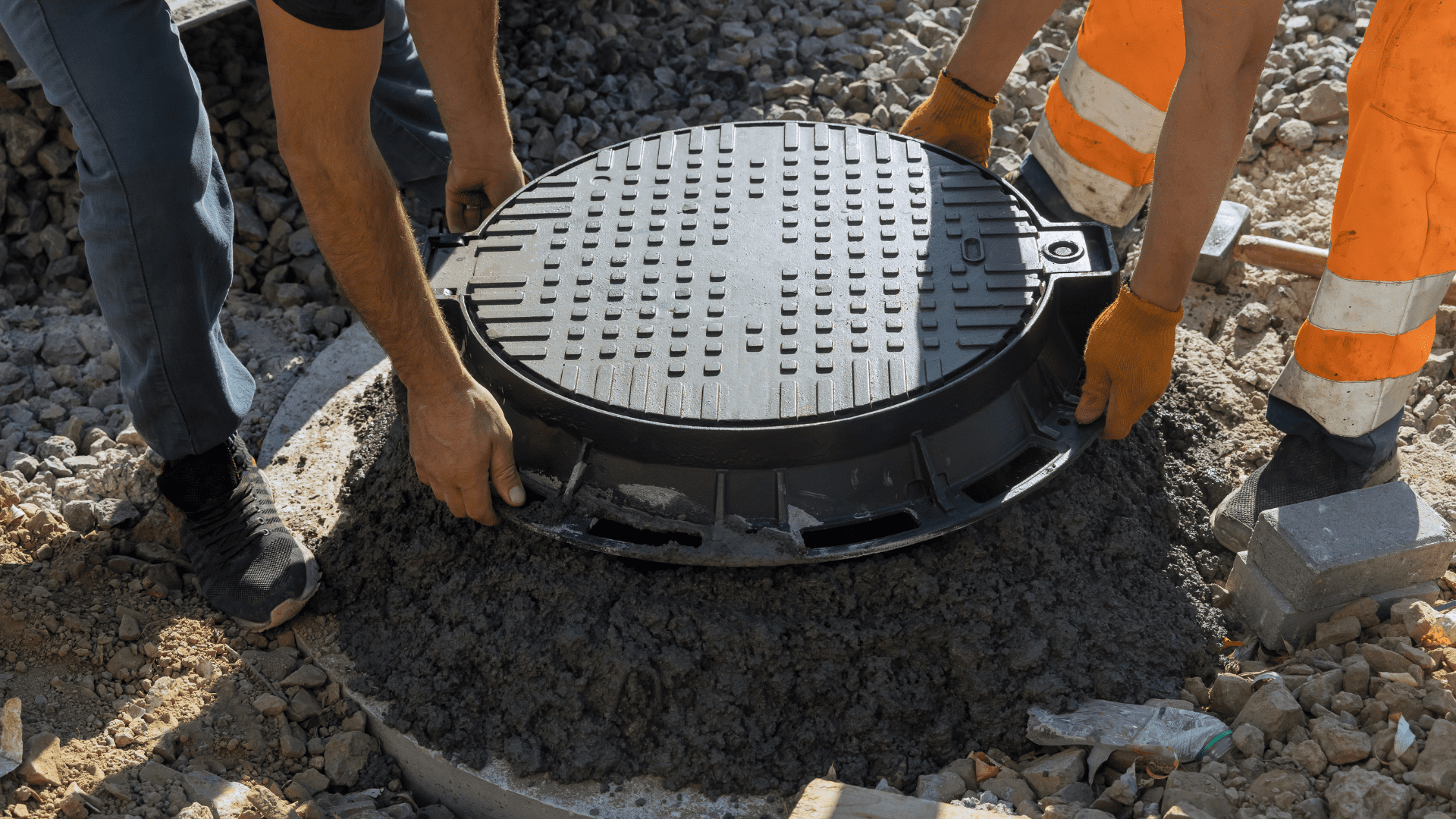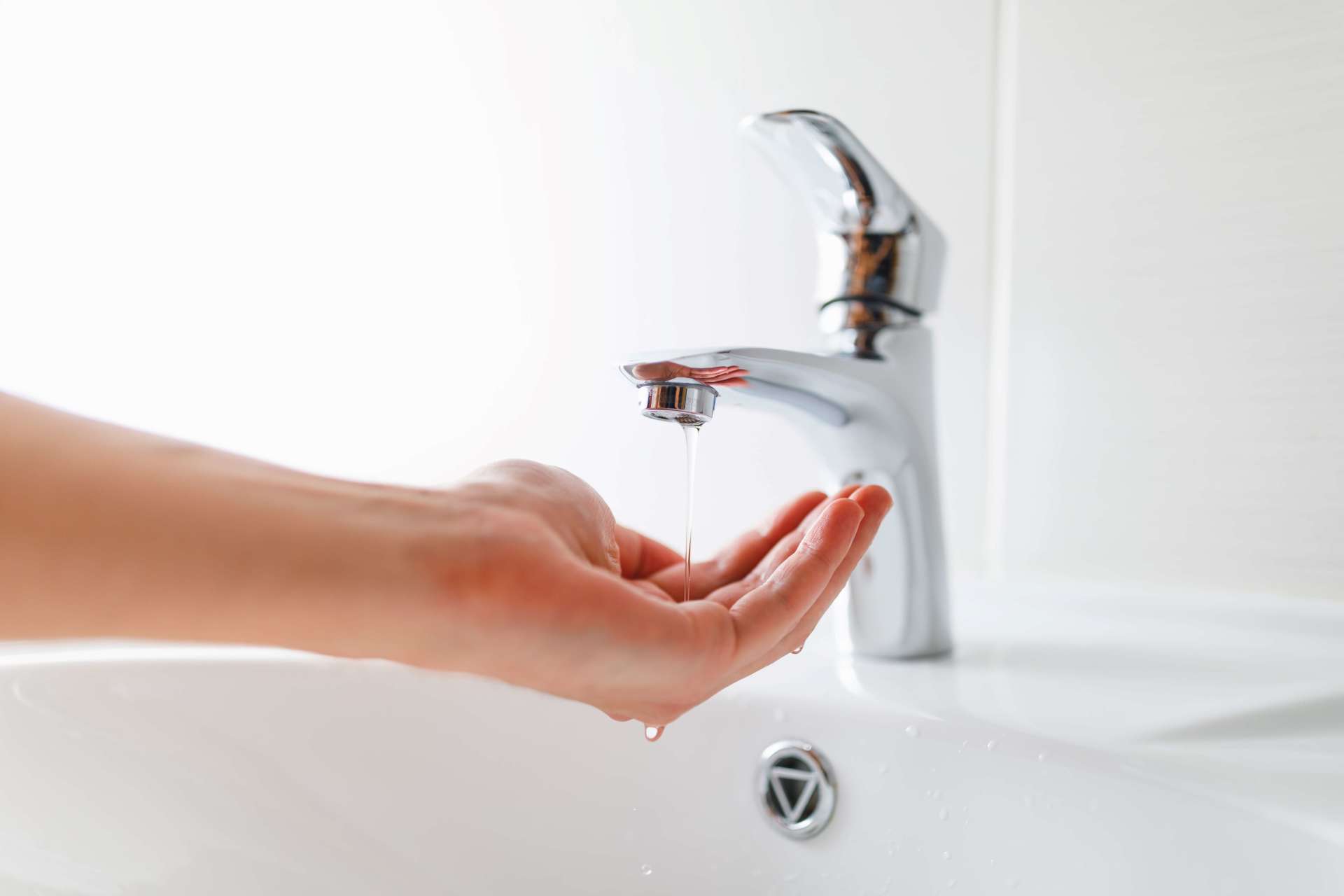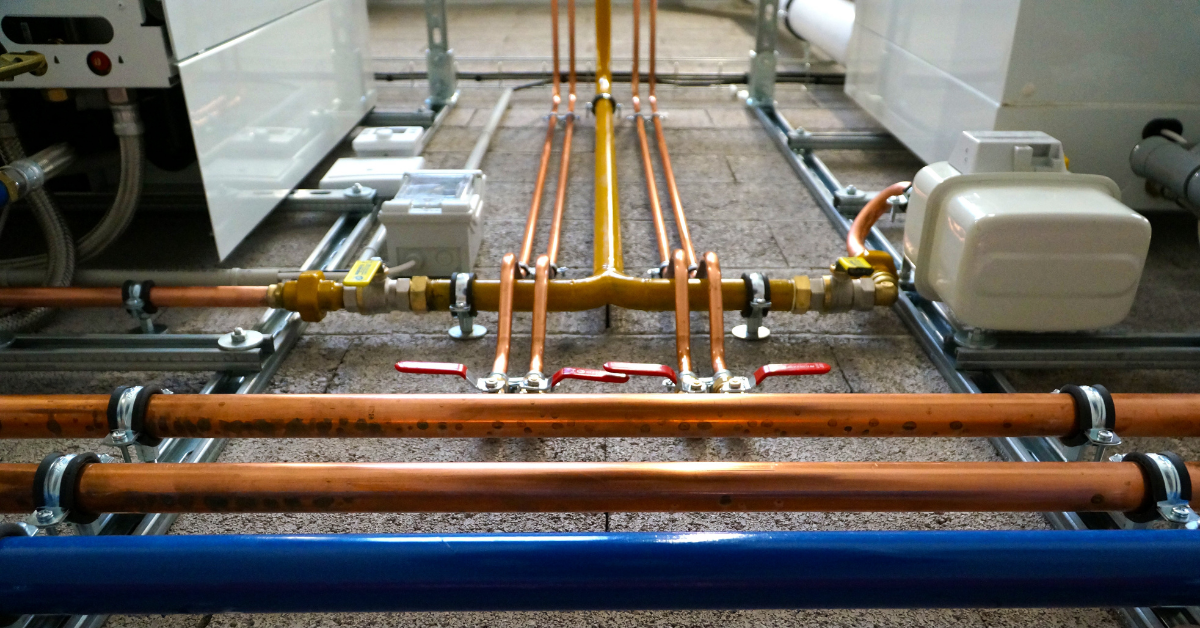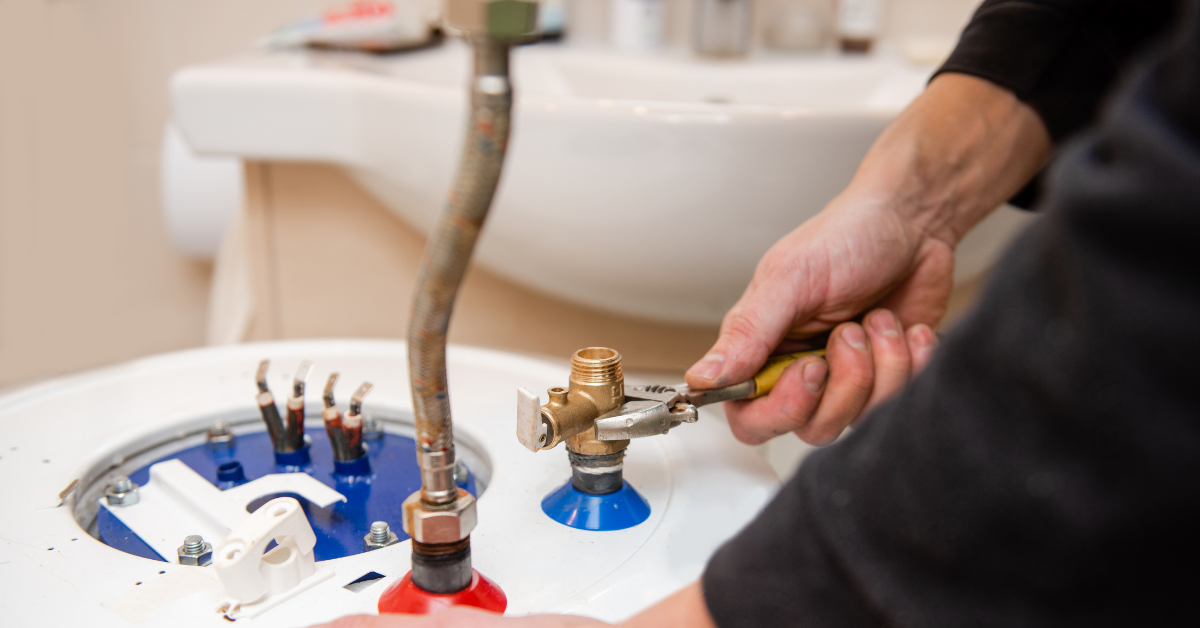How To Choose the Right Tankless Water Heater
When it comes to installing or replacing the water heater in your home, you may want to consider a tankless water heater. Whether it’s an intentional upgrade to energy-efficient models or a replacement for a failing water heater, tankless water heaters are quickly becoming a preferred choice. Tankless water heater benefits range from hot water availability, monthly energy savings, take up less space, and offer long-lasting service compared to traditional systems.
In this blog, we will cover:
What Makes a Tankless Water Heater a Good Choice?
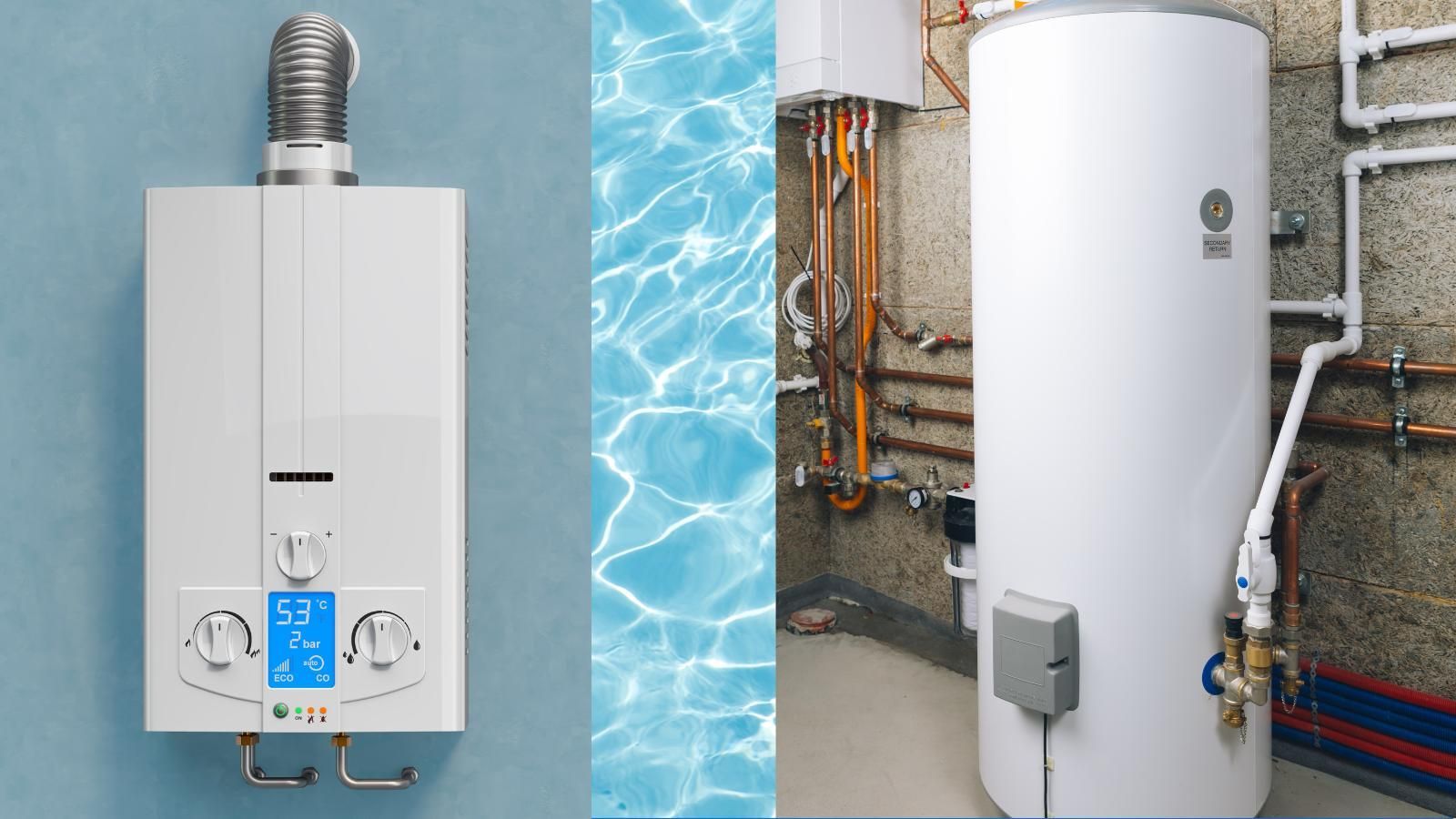
There are many factors including whether you are replacing your current water heater or installing in a new build. Let’s look at what a tankless water heater is and how it compares to a traditional tank water heater.
A traditional water heater keeps a tank full of water at a certain temperature at all times, which means energy is constantly being used to maintain that temperature. That also means that there’s a finite amount, which could leave you with cold water in the middle of a shower if someone used it all before you.
In contrast, tankless water heaters heat water on demand and continuously, allowing you to finish the task at hand!
Another benefit is how long a tankless water heater can last. On average, a tankless water heater can last 20 years compared to the 10-15 year range of a more traditional water heater. Tankless models are also smaller with a wall-mounted design that can free up valuable space in your utility room or crawlspace!
Factors to Consider When Choosing a Tankless Water Heater
As with any appliance, finding the most efficient water heater can depend on your current water use habits and needs. Here are key things to consider:
Water Usage: How much hot water do you use currently? Typical usages include showers, laundry, dishwashing (Did you know hand washing uses an average of 27 gallons of water versus 3-4 for an energy efficient dishwasher?) but also things like washing pets can factor in.
Flow Rate & Size: Tankless units are rated by gallons per minute (GPM), which is the number of gallons a hot water heater can supply at one time. Homes with multiple bathrooms running simultaneously will need a higher GPM model.
Fuel Type: If you are replacing an existing water heater it may be time to consider if the current fuel type is the right choice for you. A gas water heater usually heats faster and, combined with a high GPM may be the best choice for larger households with more simultaneous demands. Electric models are more affordable overall but may be unable to keep up with a high-demand household.
Cost Considerations for Tankless Water Heaters
When it comes to how much does a tankless water heater cost, the answer varies — but we’ve put together some general estimate ranges:
- Initial Cost: Tankless water heaters range from $1,000 to $3,000, depending on brand, size, and fuel type.
- Installation: Professional installation may add $500 to $1,500, especially if you are changing fuel types or your electrical/gas system needs upgrades to operate or meet code,
- Rebates and Incentives: If you are upgrading to an energy efficient model, you may take advantage of rebates. Your installer may mention rebates you qualify for from the manufacturer but there are several other benefits of a tankless water heater including possible tax credits you can take advantage of and local government rebates that may be available.
- On-Going Savings: As one of the most efficient water heater choices you will enjoy long-term savings through lowered energy costs and a longer lifespan compared to traditional water heaters.
Pros and Cons of Tankless Water Heaters
We already mentioned the potential tankless water heater savings but no appliance is perfect. Here are a few of tankless water heater cons to consider to make a well-informed choice:
- Higher upfront cost for purchase and installation that may be offset over time by energy savings.
- May require maintenance like descaling in hard water areas but with proper maintenance
- Potential flow rate limitations if undersized for your home but when right-sized provides a continuous supply of hot water.
Overall, the benefits of a tankless water heater outweigh the few tankless water heater cons.
What Are the Most Efficient Tankless Water Heaters?
The most efficient water heaters are marked as ENERGY STAR certified that offer a high Uniform Energy Factor (UEF) ratings. Some of the top performing brands include:
Ultimately, tankless water heater savings will also depend on having the right model and fuel type to fit your household needs. A smaller household could benefit from an electric unit but a larger household or a higher use would be better served by a larger gas-powered unit. Having a system too large or too small for your usage will put undue stress on the system and increase maintenance and energy costs.
Is a Tankless Water Heater Better Than a Tank Model?
Based on the benefits of tankless water heaters, the answer is almost always YES!
Tankless water heaters use precision technology, reduce energy costs and offer on-demand hot water while taking up less space and can last longer than traditional models. Tankless water heaters can have a higher up-front cost but utilizing rebates, incentives and tax credits may help offset that difference.
Making the Right Choice – Find the Best Tankless Water Heater for Your Home
We hope this article has given you a good start on how to choose a tankless water heater. At Blue Mills Plumbing, we help homeowners make the best possible decision. Whether you’re upgrading your current system or building a new home, our experts can guide you through selecting and installing the ideal water heater for your lifestyle.
Need professional help? Contact
Blue Mills Plumbing, serving Lee's Summit today to schedule a consultation and enjoy energy-efficient, reliable hot water — whenever you need it.
All Rights Reserved Blue Mills Plumbing | Website Design by Digital Marketing Inc.

